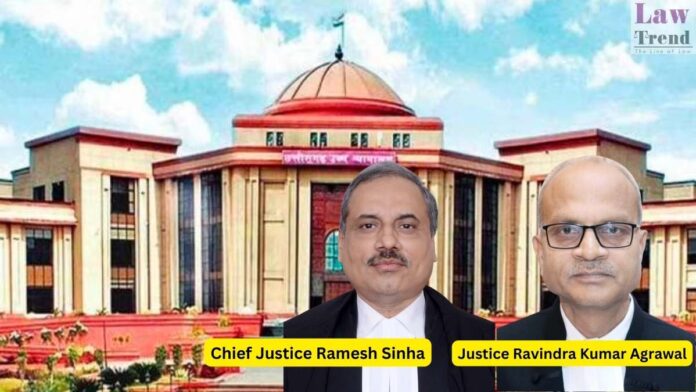In a significant ruling, the Chhattisgarh High Court, comprising Chief Justice Ramesh Sinha and Justice Ravindra Kumar Agrawal, held that non-compliance with NDPS Rules 10 & 11 and delay in following Section 52-A of the NDPS Act does not vitiate the trial if the recovery of contraband is clearly established. The High Court, in Criminal
To Read More Please Subscribe to VIP Membership for Unlimited Access to All the Articles, Download Available Copies of Judgments/Order, Acess to Central/State Bare Acts, Advertisement Free Content, Access to More than 4000 Legal Drafts( Readymade Editable Formats of Suits, Petitions, Writs, Legal Notices, Divorce Petitions, 138 Notices, Bail Applications etc.) in Hindi and English.




